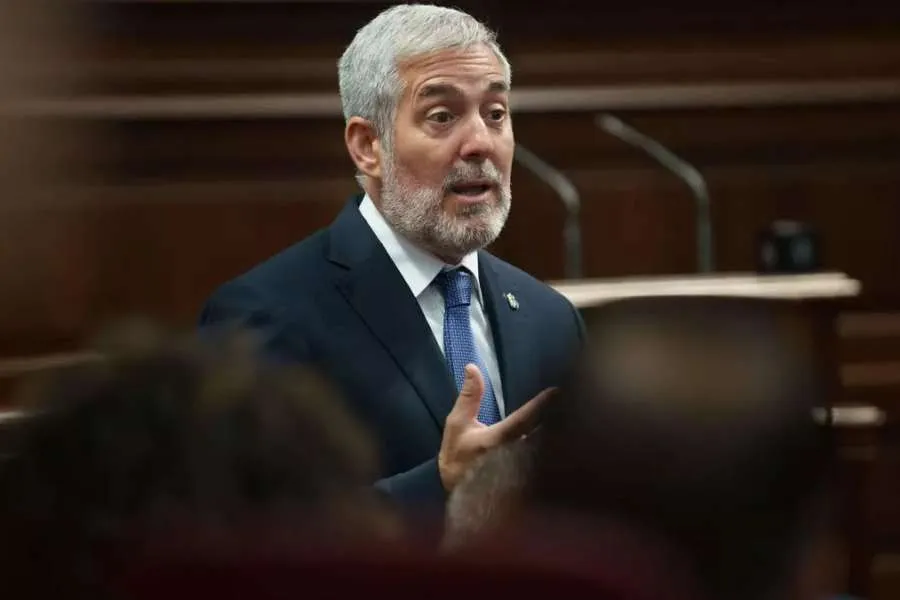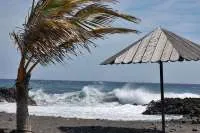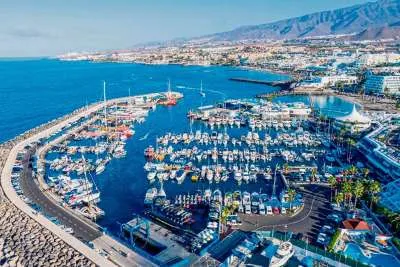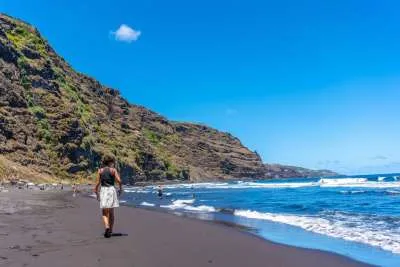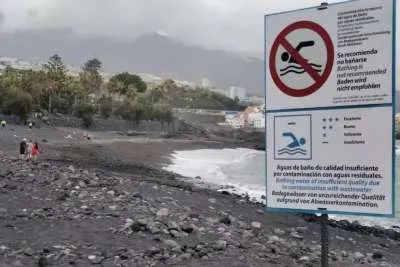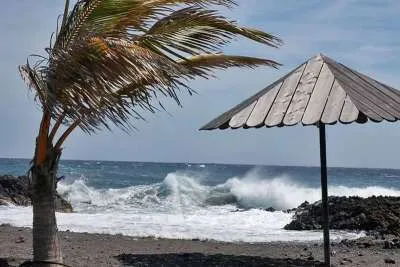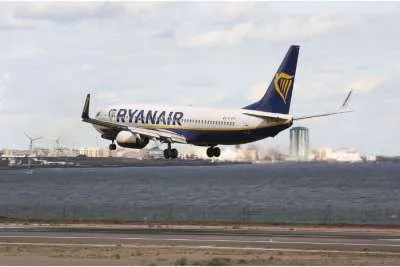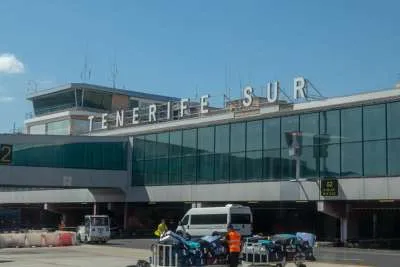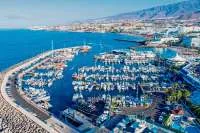Clavijo rejects a Tourist Tax in the Canary Islands again
- 10-09-2025
- National
- Gobierno de Canarias
- Photo Credit: Efe
The President of the Canary Islands, Fernando Clavijo, has once again rejected the introduction of a tourist tax in the archipelago, this time arguing that it would increase the “imbalance” between the islands.
Speaking in the Canary Islands Parliament this afternoon, Wednesday 10th September, Clavijo explained that the so-called “green islands” (La Palma, La Gomera and El Hierro) would be disadvantaged because they attract fewer visitors, and therefore would generate less revenue from such a levy.
However, he did not address the fact that the islands receiving the highest number of tourists, such as Tenerife, Gran Canaria, and Lanzarote, are the ones most affected by mass tourism, and arguably in greater need of extra funding to preserve natural spaces, infrastructure, and public services.
“One-speed Canary Islands”
In response to a question from the Popular Party (Partido Popular PP), Clavijo reiterated his commitment to a “one-speed Canary Islands”, claiming this principle is embedded in both his government and his party, Coalición Canaria (CC).
Instead of a tourist tax, he argued that other measures should be used to reduce inequalities, such as through the Canary Islands’ special economic and fiscal regime (REF) or by negotiating “differentiated treatment” with Madrid. He cited the 60% income tax rebate already applied to La Palma following the volcanic eruption as an example.
He also pointed to existing support measures, such as the current fuel subsidy for the smaller islands, and government backing for health and safety services during major events like El Hierro’s Bajada de la Virgen celebrations.
Clavijo stressed that the regional government is still awaiting the results of a study commissioned by Vice-President Manuel Domínguez into the additional costs faced by non-capital islands, which will help guide future decisions.
Calls for Equality Across the Archipelago
Juan Manuel García Casañas, president of the Popular Party in El Hierro, responded by calling for “equal opportunities on all islands.” He highlighted that El Hierro faces the highest shopping basket costs in the Canary Islands, the largest proportion of non-contributory pensions, and one of the lowest average incomes, due to having a small population and high transport costs.
While acknowledging that government investments, such as job creation schemes and fuel subsidies, have provided some relief for families and businesses, he argued that further differentiated tax policies and support are needed to improve the quality of life.
A Debate That Won’t Go Away
The debate over a tourist tax in the Canary Islands has been ongoing for several years. Supporters argue that it is a way of ensuring that the millions of visitors who enjoy the islands each year contribute directly to maintaining the environment, services, and infrastructure they use.
Opponents, however, have long claimed that such a levy could deter visitors, a view already dismissed in other popular destinations such as the Balearic Islands, Barcelona, and several European cities where similar taxes are firmly established.
For now, the Canary Islands government remains firmly against the idea, even as the pressure of mass tourism continues to weigh most heavily on the islands that receive the greatest number of visitors, affecting the residents who live there.
Other articles that may interest you...
Trending
Most Read Articles
Featured Videos
TributoFest: Michael Buble promo 14.02.2026
- 30-01-2026
TEAs 2025 Highlights
- 17-11-2025


